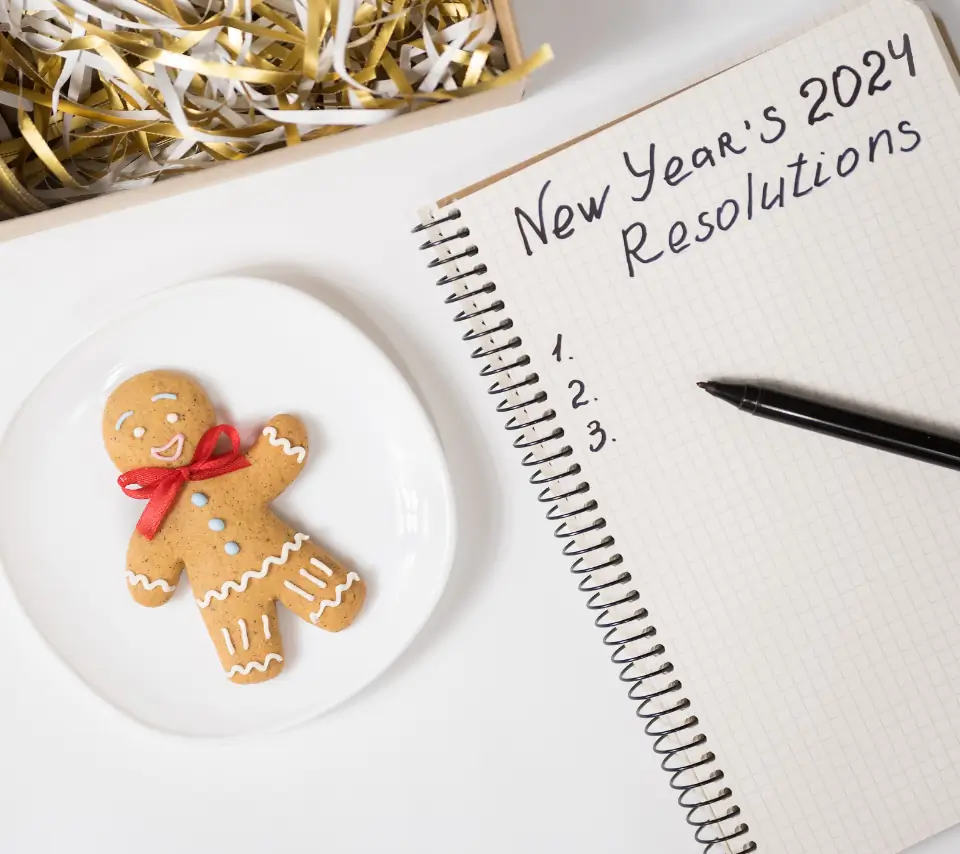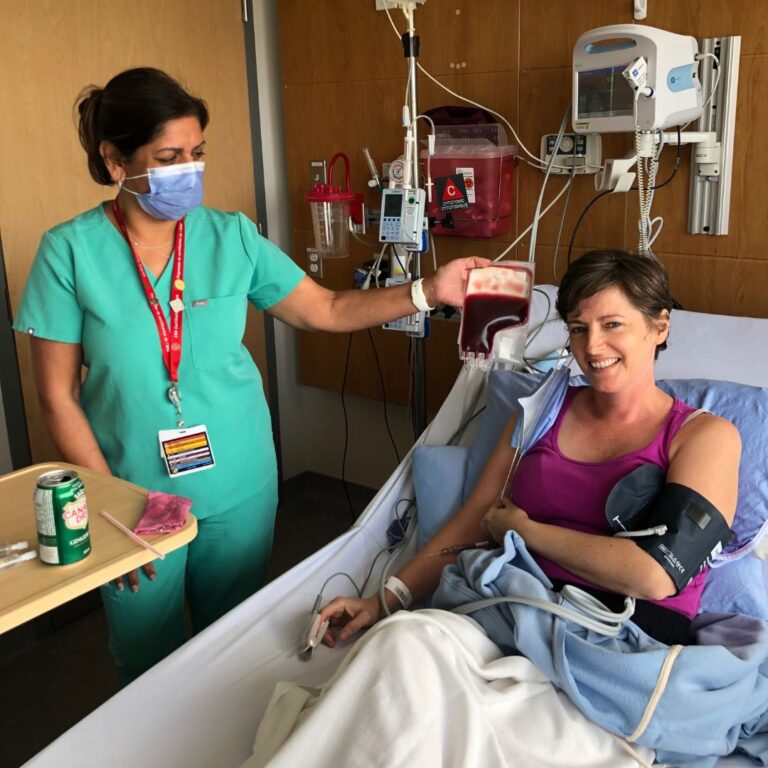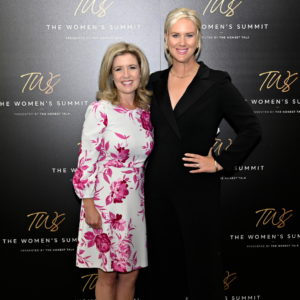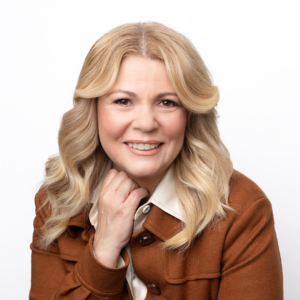I added “should” to the swear jar. Here’s how it helped me get rid of shame, guilt, and self-judgment
Personal growth09.11.2023
Many years ago, I had an executive coach who picked up on my overuse of the word “should.” I used it so often, I didn’t even notice. But she did. And she very astutely saw how detrimental it was to my ability to move forward.
“Should” is often rooted in shame, guilt, and self-judgment. When we think of it this way, we very quickly see how it keeps us in the past, prevents us from staying future-focused, and simply makes us feel badly about ourselves.
I was determined to remove the word should from my vocabulary and add it to my swear jar.
It took years. I can’t remember the last time I put money in the should jar. For the most part, the jar is now empty and I feel lighter too.
Notice how you feel when you say things like:
- I should exercise more
- I should eat/drink less
- I should take that course I’ve been wanting to enrol in
- I should visit friends and family more often
Add your own shoulds, and the list becomes endless. When I say I should do all of those things, it means I haven’t actioned them which adds to feelings of shame, guilt, and self-judgment and keeps me in the past rather than the present. Talk about overwhelming!
Think about how you would feel if you replaced “should” with “will”:
- I will eat/drink less
- I will exercise more
- I will take that course which is of interest to me
- I will visit friends and family more often
When you find yourself saying should, you may also want to ask yourself why? Why do I want to exercise more? Because I will likely feel better. Why do I want to eat/drink less? Because my health may improve. Why do I want to take that course I’ve been putting off? Because it may help me progress in my career. Why do I want to spend more time with family and friends? Because our time together is uplifting, rewarding, precious, fun.
On the flip side, asking why may also help you realize that your should is a non-issue. Why do I want to exercise more? I exercise four times per week and I feel healthy. I don’t overeat or drink too much. I feel good about my ability to do both in moderation.
I have spent years upgrading my skills and education; I want some time for me. I don’t need to take that course at this moment. I spend time with family and friends and also carve out time for me. I like that balance.
Asking why helps us determine what is really important and what is not.
Changing should to will and asking why may help you set priorities in ways you may not have imagined. It also changes that negative space of shame, guilt, and self-judgment to one that is action-oriented, thoughtful, positive, and future-focused.
When I wanted to write about this, I looked for some research to see if I could find studies that would back up my experiences with overusing the word should. I couldn’t find much. But I did find articles that people had written in Psychology Today, on personal blog posts, and a few other places. Conversations with friends also reinforced the anecdotal evidence that people get bogged down with shoulds.
Although the research may be light, it’s clear people are thinking about it and have been affected by it. Shame, guilt, and judgment are powerful forces. We need to find practical ways to rid ourselves of their negative effects.
I have practiced removing the word should for years. I’m finally getting it right and it has been nothing short of freeing. While I slip from time to time because, well, I’m human, I do get it right most of the time.
When I tell my family, friends, and colleagues that I’ve given up shame, guilt, and self-judgment, I mean it. Add should to your swear jar. While the jar gets lighter and has fewer coins, notice how much lighter and happier you feel. Now, isn’t that worth a try?










